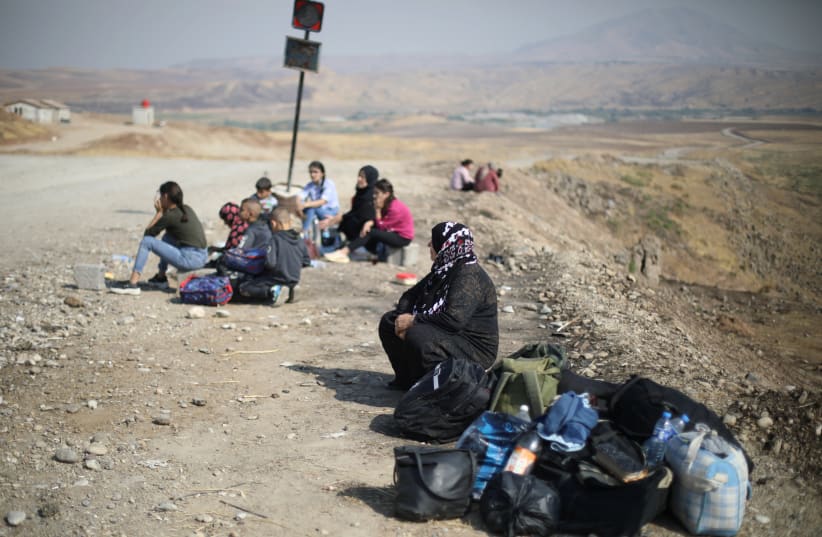The Netherlands is preparing a case against Syria at the UN's highest court, seeking to hold the government of President Bashar al-Assad accountable for human rights violations, including torture and the use of chemical weapons, the Dutch foreign minister told parliament on Friday.
Syria has been informed of the legal step, which precedes a possible case at the International Court of Justice, the UN's court for disputes between states in The Hague.
"Today the Netherlands announced its decision to hold Syria responsible under international law for gross human rights violations and torture in particular," Foreign Minister Stef Blok wrote in a letter to legislators. It cites Syria's obligation to uphold the UN Convention against Torture, which Damascus ratified in 2004.
The Netherlands decided to take action after Russia blocked multiple efforts at the United Nations Security Council to refer a case on human rights violations in Syria to the International Criminal Court, which prosecutes individuals for war crimes and is also based in The Hague.
"The Assad regime has committed horrific crimes time after time. The evidence is overwhelming. There must be consequences," the letter said. "Large numbers of Syrians have been tortured, murdered, forcibly disappeared, and subjected to poison-gas attacks, or have lost everything fleeing for their lives."
Syria's decade old civil war has killed at least 200,000 civilians, left 100,000 missing and forced 5.5 million to flee to neighbouring countries, the Netherlands said.
